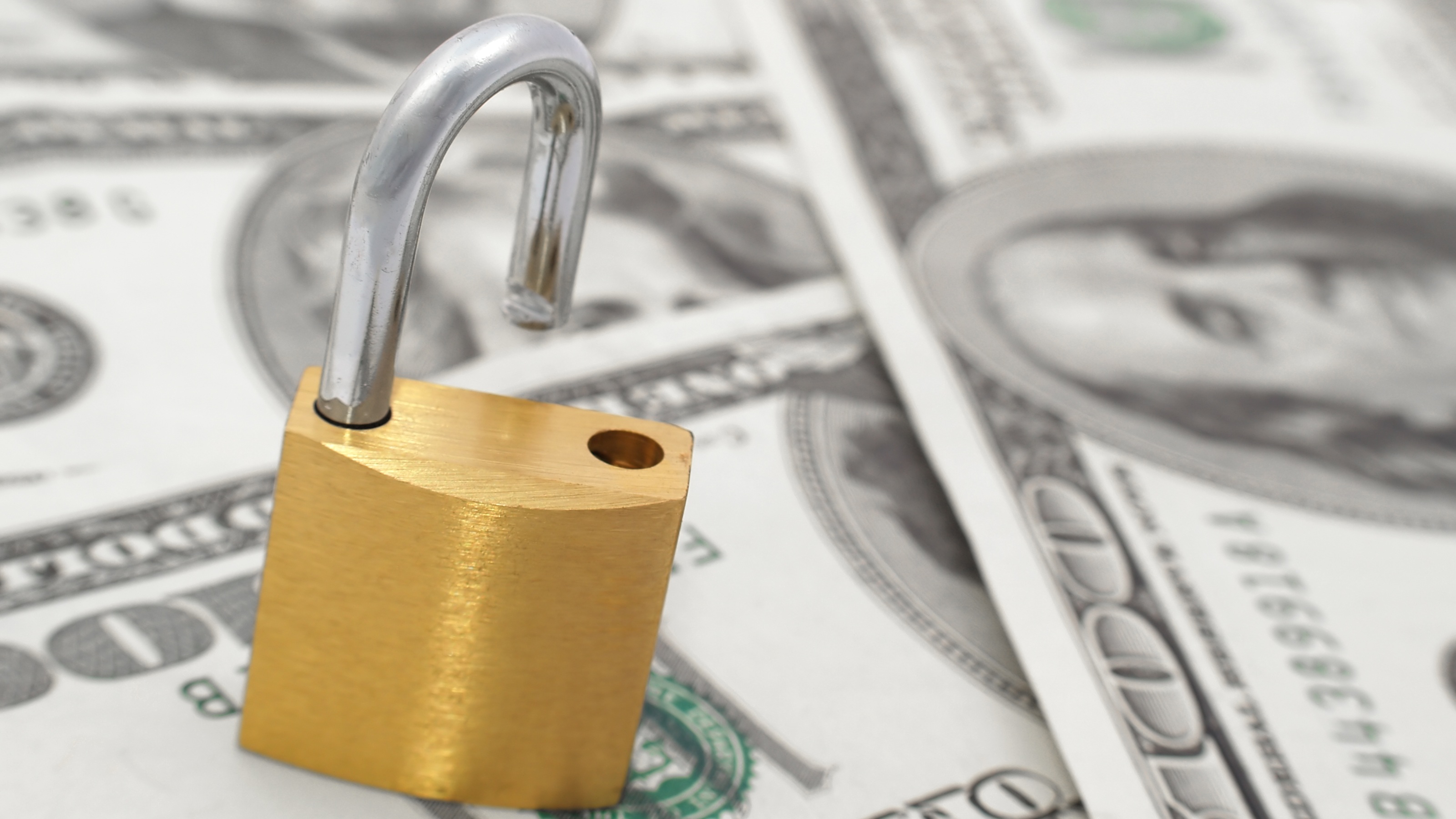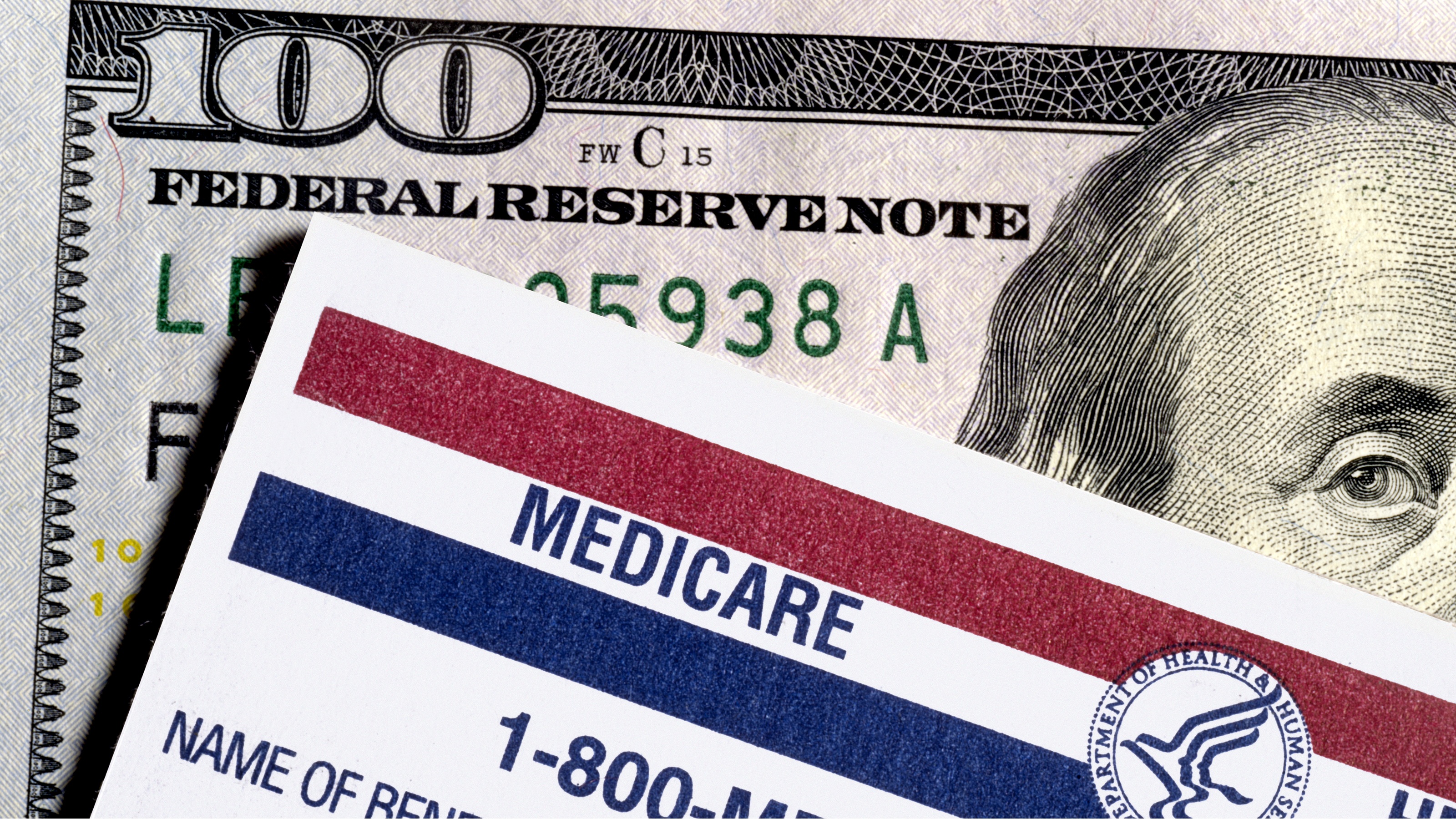Need to Build an Emergency Fund? Seven Steps to Get There
Having a safety net can mean peace of mind on top of being able to maintain your lifestyle if a financial emergency strikes.


In the realm of personal finance, one fundamental principle stands out as the cornerstone of financial stability: the emergency fund. An emergency fund serves as a safety net, providing peace of mind and protection against unforeseen financial challenges. Whether it's a sudden job loss, a medical emergency or unexpected home repairs, having a robust emergency fund can make all the difference in navigating life's uncertainties with confidence.
Why an emergency fund matters
Life is unpredictable, and financial emergencies can strike at any moment. Without adequate savings to cover unexpected expenses, individuals may find themselves resorting to high-interest loans, accumulating debt or even risking their financial security by tapping into retirement savings. An emergency fund serves as a buffer against such situations, allowing individuals to weather financial storms without derailing their long-term financial goals.
Here are some reasons why having an emergency fund is crucial:

Sign up for Kiplinger’s Free E-Newsletters
Profit and prosper with the best of expert advice on investing, taxes, retirement, personal finance and more - straight to your e-mail.
Profit and prosper with the best of expert advice - straight to your e-mail.
- Financial security. An emergency fund provides a sense of security because you know that you have a financial cushion to fall back on during challenging times.
- Preventing debt. With an emergency fund in place, you can avoid going into debt to cover unexpected expenses, thereby saving yourself from the burden of interest payments and potential financial strain.
- Maintaining lifestyle. Your standard of living can be maintained even if you’re faced with sudden financial setbacks, such as job loss or a major medical expense.
- Peace of mind. Knowing that you have funds set aside for emergencies brings peace of mind, reducing stress and allowing you to focus on other aspects of your life.
How much to save
Determining the appropriate size of your emergency fund depends on various factors, including your monthly expenses, income stability and individual circumstances. Financial experts often recommend saving three to six months' worth of living expenses in your emergency fund. However, this guideline may vary based on factors such as job security, health status and the presence of dependents.
To calculate your target emergency fund amount, start by listing your essential monthly expenses, including rent or mortgage payments, utilities, groceries, insurance premiums and loan payments. Multiply this total by the number of months' worth of expenses you aim to cover (e.g., three to six months). This figure represents your target savings goal for the emergency fund.
Building your emergency fund
Building an emergency fund requires discipline, consistency and a commitment to prioritizing savings. Here are seven practical steps to help you establish and grow your emergency fund:
1. Set clear goals.
Define your savings target based on your monthly expenses and financial circumstances. Having a specific goal will keep you motivated and focused on building your emergency fund.
2. Create a budget.
Develop a realistic budget that allocates a portion of your income toward savings each month. Identify areas where you can cut back on discretionary spending to boost your savings rate.
3. Automate savings.
Set up automatic transfers from your checking account to your emergency fund to ensure consistent contributions without relying on willpower alone. Treat your emergency fund savings as a non-negotiable expense.
4. Start small, but start now.
If saving a substantial amount seems daunting, begin by setting achievable milestones and gradually increasing your contributions over time. The key is to take the first step and prioritize saving, no matter how small the initial amount may be.
5. Use windfalls wisely.
Whenever you receive unexpected windfalls, such as tax refunds, bonuses or monetary gifts, consider directing a portion of these funds toward your emergency fund to accelerate its growth.
6. Avoid temptation.
Resist the temptation to dip into your emergency fund for non-essential expenses. Maintain discipline and remind yourself of the fund's intended purpose — to safeguard your financial stability during emergencies.
7. Review and adjust.
Periodically review your budget and savings progress, making adjustments as needed to stay on track toward reaching your emergency fund goal. Life circumstances may change, so be flexible in adapting your savings strategy accordingly.
An emergency fund is the bedrock of financial stability, providing protection against unforeseen financial hardships and empowering individuals to navigate life’s uncertainties with confidence. By understanding the importance of an emergency fund and taking proactive steps to build and maintain one, you can strengthen your financial resilience and pave the way toward a more secure future.
Start today by setting clear goals, creating a budget and prioritizing consistent savings — your future self will thank you for it.
Justin Stivers is an investment advisory representative of and provides advisory services through CoreCap Advisors, LLC. Stivers Law is a separate entity and not affiliated with CoreCap Advisors. The information provided here is not tax, investment or financial advice. You should consult with a licensed professional for advice concerning your specific situation.
Related Content
- That Cash in Your Emergency Fund Doesn’t Have to Be Idle
- Money Market Account vs. High-Yield Savings Account
- To Achieve Financial Stability, Start With Small Steps
- How Life Insurance Can Help You Preserve Your Wealth
- Digital Estate Planning Guide: Get Your Digital Assets in Order
Profit and prosper with the best of Kiplinger's advice on investing, taxes, retirement, personal finance and much more. Delivered daily. Enter your email in the box and click Sign Me Up.

Justin B. Stivers was born in Florida but raised in Knoxville, Tenn. He pursued his undergraduate education at Appalachian State University in Boone, N.C. After graduating, Justin served three years in the United States Peace Corps, living in a rural coffee farming community in Honduras. This experience not only enriched his life but also helped him become fluent in Spanish. Upon completing his service in Honduras, Justin attended law school at the University of Miami in Miami, Fla. He lived in Miami for the next 15 years, during which he built a successful estate planning law firm. In this role, Justin helped families plan for their futures, feeling a sense of accomplishment and service.
-
 Higher Summer Costs: Tariffs Fuel Inflation in June
Higher Summer Costs: Tariffs Fuel Inflation in JuneTariffs Your summer holiday just got more expensive, and tariffs are partially to blame, economists say.
-
 Don’t Miss Alabama Tax-Free Weekend 2025
Don’t Miss Alabama Tax-Free Weekend 2025Tax Holiday Ready to save? Here’s everything you need to know about the 2025 back-to-school Alabama sales tax holiday.
-
 New SALT Cap Deduction: Unlock Massive Tax Savings with Non-Grantor Trusts
New SALT Cap Deduction: Unlock Massive Tax Savings with Non-Grantor TrustsThe One Big Beautiful Bill Act's increase of the state and local tax (SALT) deduction cap creates an opportunity to use multiple non-grantor trusts to maximize deductions and enhance estate planning.
-
 Know Your ABDs? A Beginner's Guide to Medicare Basics
Know Your ABDs? A Beginner's Guide to Medicare BasicsMedicare is an alphabet soup — and the rules can be just as confusing as the terminology. Conquer the system with this beginner's guide to Parts A, B and D.
-
 I'm an Investment Adviser: Why Playing Defense Can Win the Investing Game
I'm an Investment Adviser: Why Playing Defense Can Win the Investing GameChasing large returns through gold and other alternative investments might be thrilling, but playing defensive 'small ball' with your investments can be a winning formula.
-
 Five Big Beautiful Bill Changes and How Wealthy Retirees Can Benefit
Five Big Beautiful Bill Changes and How Wealthy Retirees Can BenefitHere's how wealthy retirees can plan for the changes in the new tax legislation, including what it means for tax rates, the SALT cap, charitable giving, estate taxes and other deductions and credits.
-
 Portfolio Manager Busts Five Myths About International Investing
Portfolio Manager Busts Five Myths About International InvestingThese common misconceptions lead many investors to overlook international markets, but embracing global diversification can enhance portfolio resilience and unlock long-term growth.
-
 I'm a Financial Planner: Here Are Five Smart Moves for DIY Investors
I'm a Financial Planner: Here Are Five Smart Moves for DIY InvestorsYou'll go further as a DIY investor with a solid game plan. Here are five tips to help you put together a strategy you can rely on over the years to come.
-
 Neglecting Car Maintenance Could Cost You More Than a Repair, Especially in the Summer
Neglecting Car Maintenance Could Cost You More Than a Repair, Especially in the SummerWorn, underinflated tires and other degraded car parts can fail in extreme heat, causing accidents. If your employer is ignoring needed repairs on company cars, there's something employees can do.
-
 'Drivers License': A Wealth Strategist Helps Gen Z Hit the Road
'Drivers License': A Wealth Strategist Helps Gen Z Hit the RoadFrom student loan debt to a changing job market, this generation has some potholes to navigate. But with those challenges come opportunities.